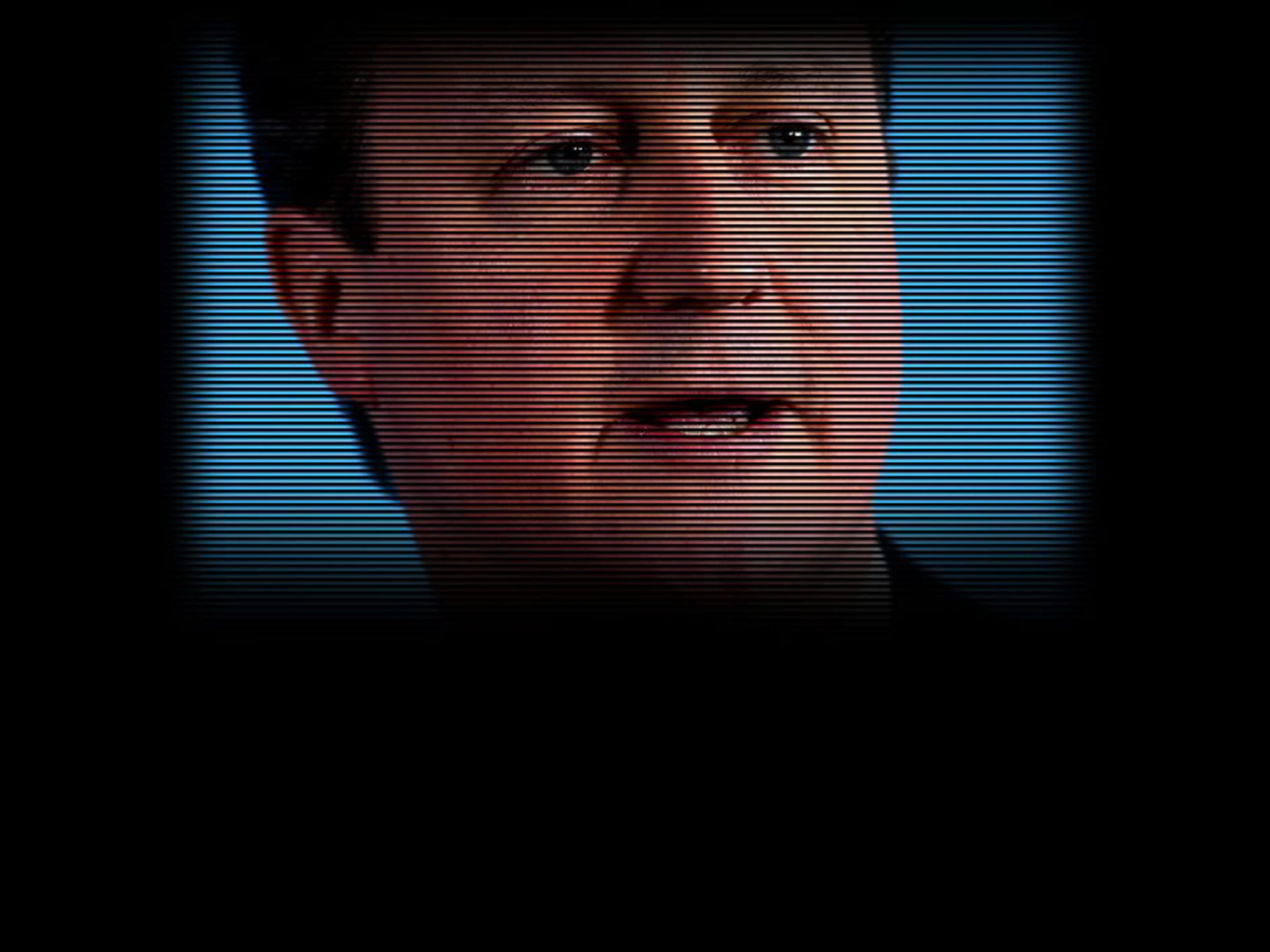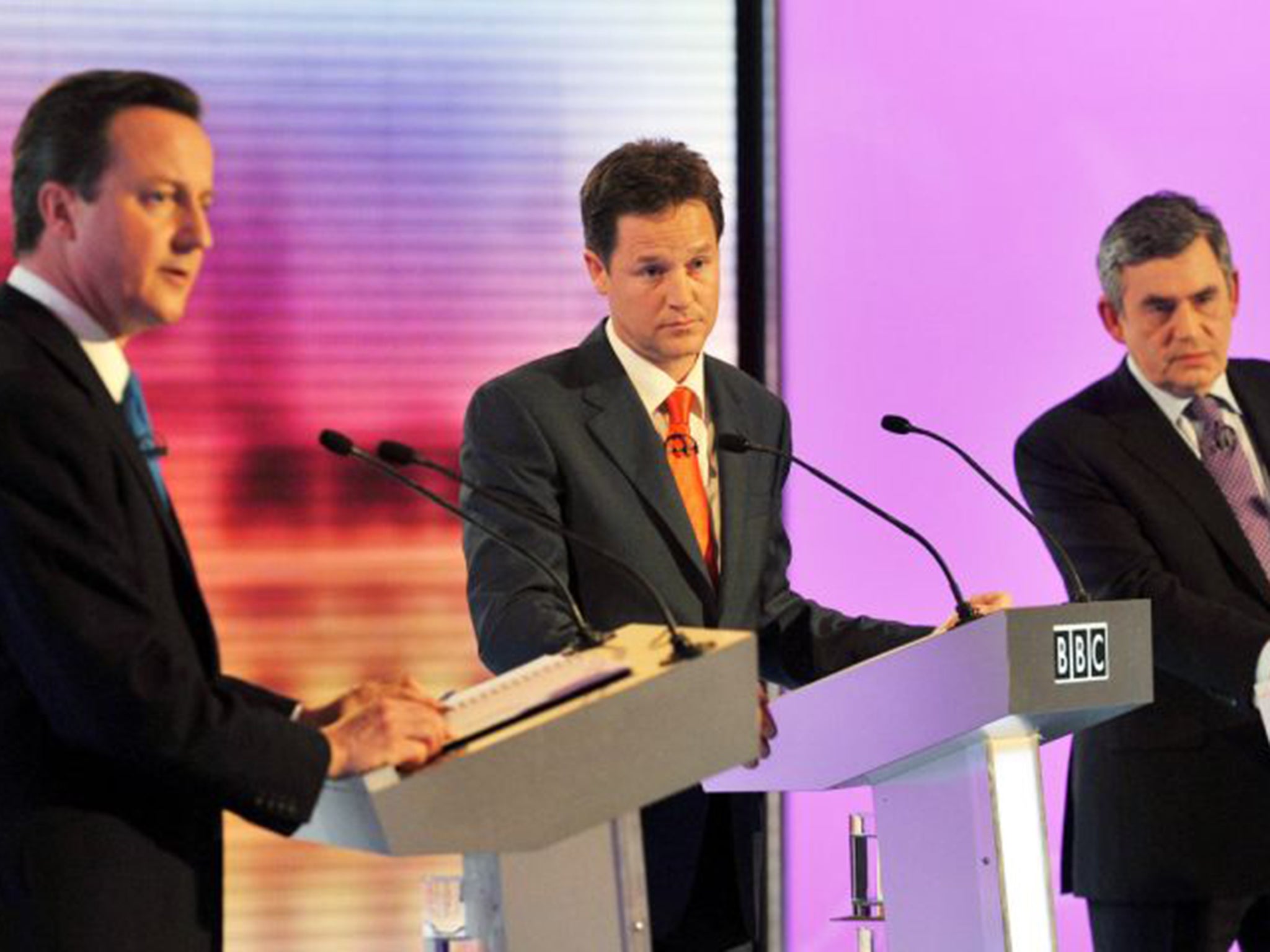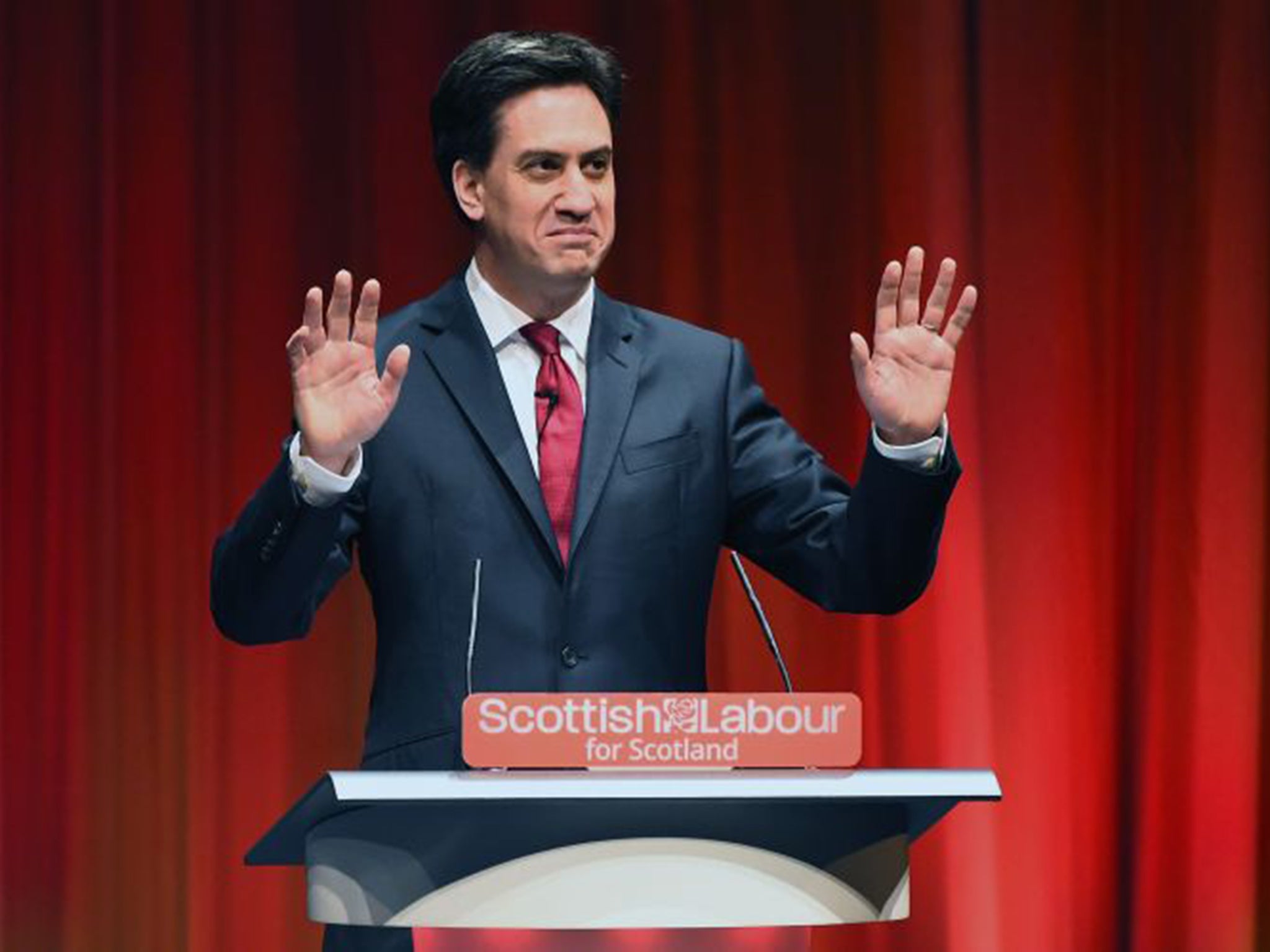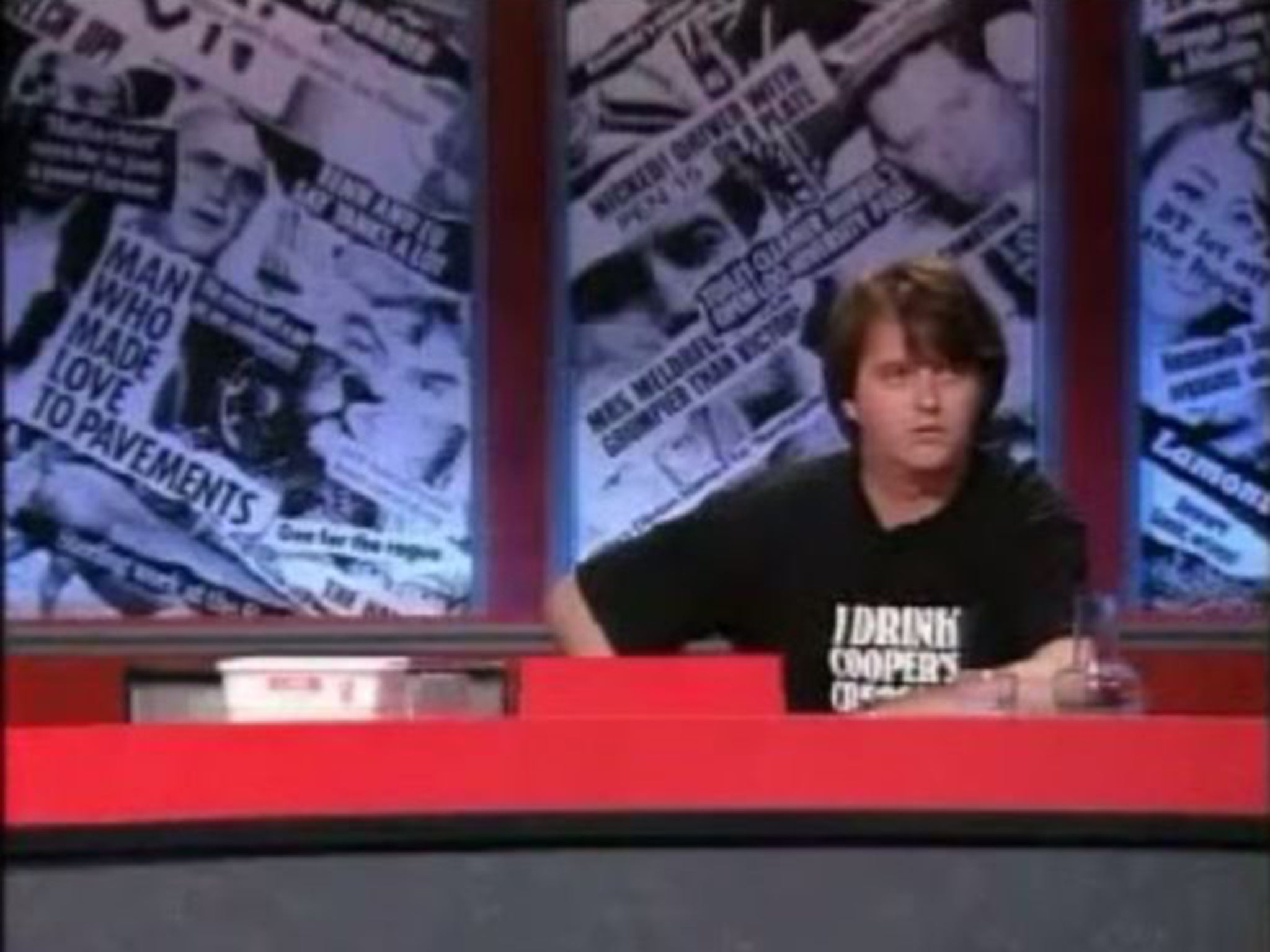TV debates: No 'empty chair' humiliation for David Cameron as BBC considers giving him his own general election programme
Source claims corporation will spare the PM an embarrassing 'tub of lard' moment and may give him airtime to himself

The BBC will stop short of “empty chairing” David Cameron, even if he refuses to take part in any television debates, and is considering giving him his own election programme to meet strict rules on impartiality during election campaigns, The Independent on Sunday understands.
Sources say there will be “no tub of lard moment” for Mr Cameron – in reference to the time Roy Hattersley failed to turn up for an appearance on Have I Got News for You and was replaced by the embarrassing prop – meaning there will be no empty rostrum on the platform if the debates go ahead without the premier. Despite the broadcasters’ robust intention to push ahead with the programmes in Mr Cameron’s absence, the BBC appears to be fighting shy of humiliating the Prime Minister.
The row over the leaders’ debates continued to rage yesterday when Ed Miliband formally accepted invitations to appear in all three of the live screen debates – an ITV programme on 2 April featuring seven party leaders (or six without Mr Cameron), the same format on 16 April hosted by the BBC, and a head-to-head debate on 30 April, exactly one week before the election, broadcast simultaneously by Channel 4 and Sky News. This final clash is the subject of the most controversy, because it is supposed to feature Mr Miliband and Mr Cameron. Yet last week, the Prime Minister, in his “final offer” to broadcasters, refused to take part in any of the programmes during the month-long campaign, and insisted that he will join only a seven-way format in the last week of March.

In a letter to the BBC’s head of political programmes, Sue Inglish, the chair of the broadcasters’ negotiating team, Lord Ashdown, who is running the Liberal Democrat election campaign, formally proposed that Mr Clegg stand in for the premier against Mr Miliband on 30 April.
Mr Cameron’s offer has caused consternation among broadcasters and fellow parties – particularly because it would be before the dissolution of Parliament on 30 March and the full publication of party manifestos. This weekend broadcasters were sticking to their guns, but sources at the BBC expressed caution at anything that might look as if the corporation were humiliating the Prime Minister. And, to comply with election and Ofcom rules about impartiality, if it hosts a debate without Mr Cameron, it would feel compelled to let him have his own programme, an in-depth interview or allow an extended party political broadcast. It is believed that the other broadcasters would follow a similar approach as the BBC.
Mr Miliband, in a speech to Labour’s Scottish conference, said yesterday: “This is what David Cameron used to say about TV election debates: that they were essential to our democracy. That every country apart from Mongolia had them. That he wasn’t going to have any feeble excuses to get out of debates. And now he is doing everything he can to stop them. And it is on the issue of leadership debates that David Cameron’s duplicity has caught up with him.
“He says this election is all about leadership, all about the choice between him and me, and when it comes to a debate between him and me, he’s running scared. He’s running away. I say to David Cameron: you can refuse to face the public, but you can’t deny your record. You can try to chicken out of the debates, but don’t ever again claim that you provide strong leadership, You can try to escape the people’s debates, but you can’t escape the people’s verdict.”
Mr Clegg accused Mr Cameron of “arrogance” yesterday, adding: “If David Cameron is too important or too busy to turn up, if he doesn’t want to defend the record of this coalition government, then I will.”

In his letter to Ms Inglish, Lord Ashdown wrote: “It is deeply disappointing that the Prime Minister is trying to avoid these debates. It is also clear from his ‘final offer’... that he does not want to debate once the Conservative Party’s manifesto has been published. Not only is he refusing to defend the Government’s record, but he is also unwilling to expose his party’s plan for the future to scrutiny by the British public.”
Mr Cameron did not mention the debates when he spoke at a Conservative election rally in Harrow yesterday, with two months to go until polling day. Instead, he seized on the failure of the Labour leader to rule out a coalition deal with the SNP – after Nicola Sturgeon dropped the scrapping of Trident as a red line in any negotiations.

Mr Cameron said: “If you thought the worst outcome for this election was a Labour government led by Ed Miliband, think again. You could end up with a Labour government led by Ed Miliband – propped up by Alex Salmond and the Scottish National Party. You could end up with an alliance between the people who want to bankrupt Britain and the people who want to break up Britain.”
Meanwhile, in what will be seen as a victory for allies of Vince Cable, the Business Secretary is to join Mr Clegg for a launch tomorrow of the Lib Dems’ plans “to build a stronger economy”. Last month, Mr Clegg and Danny Alexander held a press conference at the Shard in London on the party’s tax-and-spend plans, which ruffled feathers in Mr Cable’s camp.
Polling by Lord Ashcroft suggests that Mr Alexander is to lose his Inverness seat to the SNP in May, and Mr Clegg has been urged to put Mr Cable at the centre of the party’s election campaign.
Join our commenting forum
Join thought-provoking conversations, follow other Independent readers and see their replies
Comments